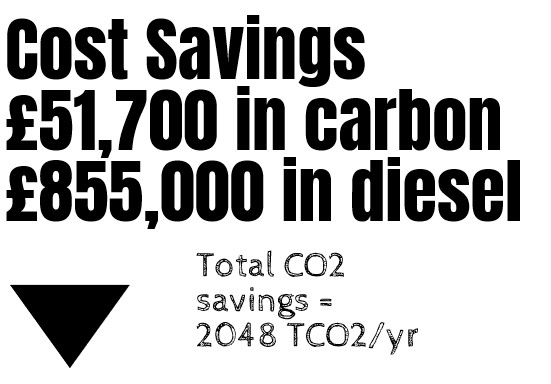Non-transferable travel tickets – 25% saving in annual travel budget
An operator in the oil and gas industry noticed that there were inefficiencies in their internal travel system. A short desktop exercise highlighted that the organisation was hugely inefficient when it came to booking flights – incurring costs for fight transfers, name changes and last minute cancellations.
The operator decided to trial booking non-refundable tickets instead. All employees must travel on the train, plane or car they had booked and could not be transferred.
This small change has resulted in a 25% cost saving in travel across the entire company. This also would have reduced the carbon footprint for the organisation overall.
A spokesperson for the company said, ‘it is amazing how one small change like this makes such a big difference. If a person needs to change their flight it is escalated all the way to the top for approval – so everyone here has changed their mindset to ask themselves if they really need to travel, and when. It’s a personal ownership of being more efficient. It makes sense.’
Are you familiar with your travel policy?




